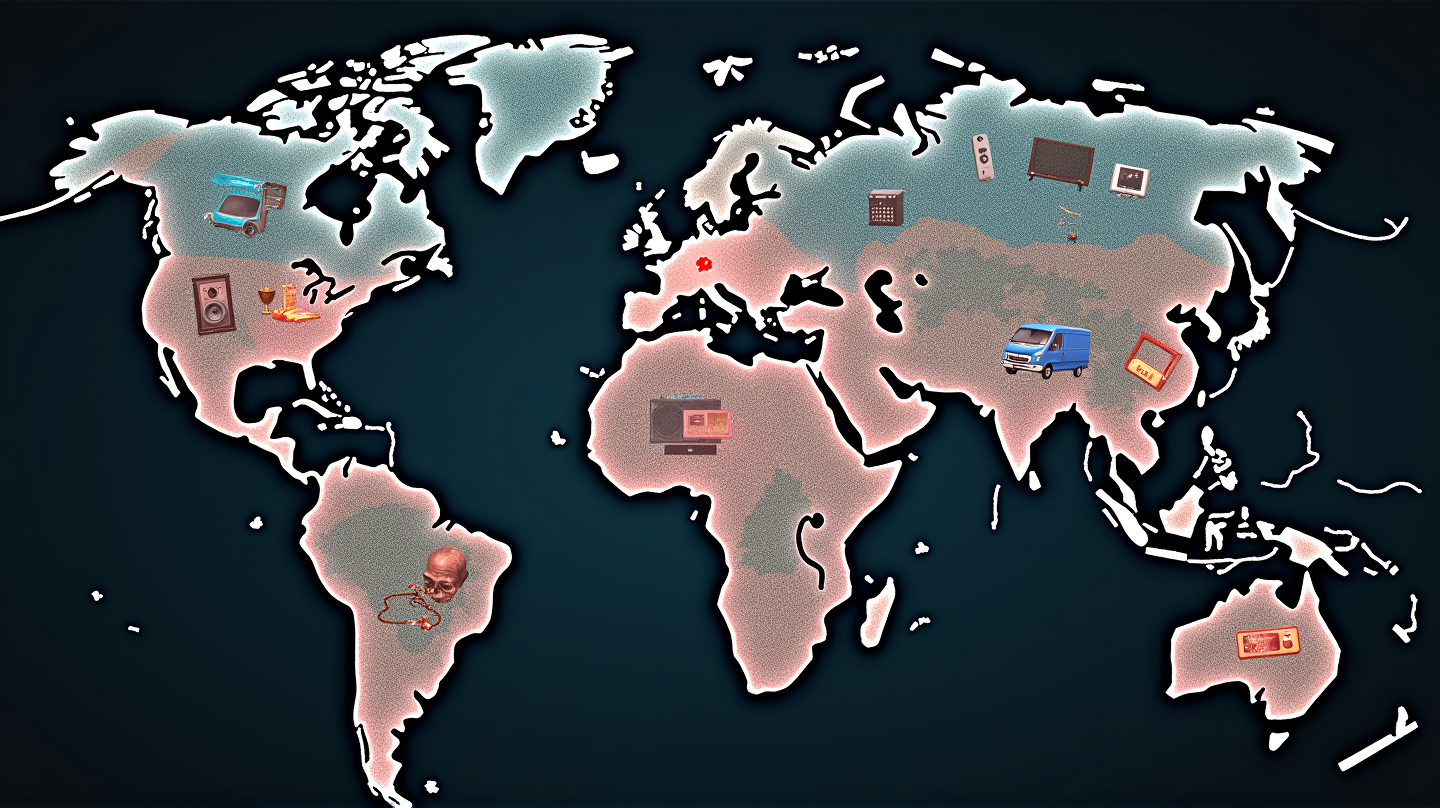China’s unparalleled dominance in the production of rare earth minerals is casting a long shadow over the global electronics industry. These critical elements have become a strategic asset for China, not only in its trade negotiations with the United States but now increasingly as a point of concern for India’s thriving electronics sector.
The US-China Rare Earth Dynamics
Rare earth minerals, with their indispensable role in high-tech applications, have been a central element in escalating tensions between the US and China. The situation took center stage when former President Donald Trump reached a deal with China for supply assurances on these minerals. His public announcement of a “done” deal underscored the geopolitical weight of these elements. According to Times of India, America’s reliance on China for rare earths is a strategic vulnerability that has repeatedly influenced trade dialogues.
India’s Looming Supply Chain Crisis
Closer to home, the ripple effects of China’s export restrictions on rare earth elements are being acutely felt by Indian electronics manufacturers. Terbium and Dysprosium, vital for Neodymium-iron-boron magnets found in speakers and other gadgets, face export controls from China. These constraints are increasingly becoming a chokepoint for Indian production lines, causing alarm among industry leaders.
Impact on ‘Make in India’ Initiative
The scarcity of these essential materials threatens to undermine India’s “Make in India” initiative. Manufacturing hubs in Noida, Chennai, and Pune are teetering on the brink of production stoppages, potentially forcing them to pivot to importing finished goods instead. This could thwart national agendas aimed at boosting domestic production capabilities and self-reliance.
A Struggle for Alternatives
Indian manufacturers now face the daunting task of securing alternative sources of supply. As magnet prices surge by 15%, options like Japan or Vietnam present cost challenges with prices matching or even exceeding 100% increases. The situation has been further exacerbated by bottlenecks at Chinese ports, causing shipment delays and exacerbating the crisis.
Strategic Oversight and the Road Ahead
The Indian electronics industry body ELCINA has been vocal about the need for strategic foresight, highlighting India’s lack of local processing facilities as a significant weakness. Industry leaders are now pressing the government for end-use certificates to navigate China’s stringent export controls.
The ongoing challenges serve as a wake-up call for Indian manufacturers to reassess dependencies and explore new frontiers in rare earth processing. The potential crisis highlights the urgent need for strategic investments in domestic capabilities and collaborations that could buffer against such geopolitical shocks in the future.
As India seeks to bolster its position in the global supply chain, the rare earth dilemma underscored by China’s export policies remains a poignant reminder of the complexities entwined with global trade dependencies.
